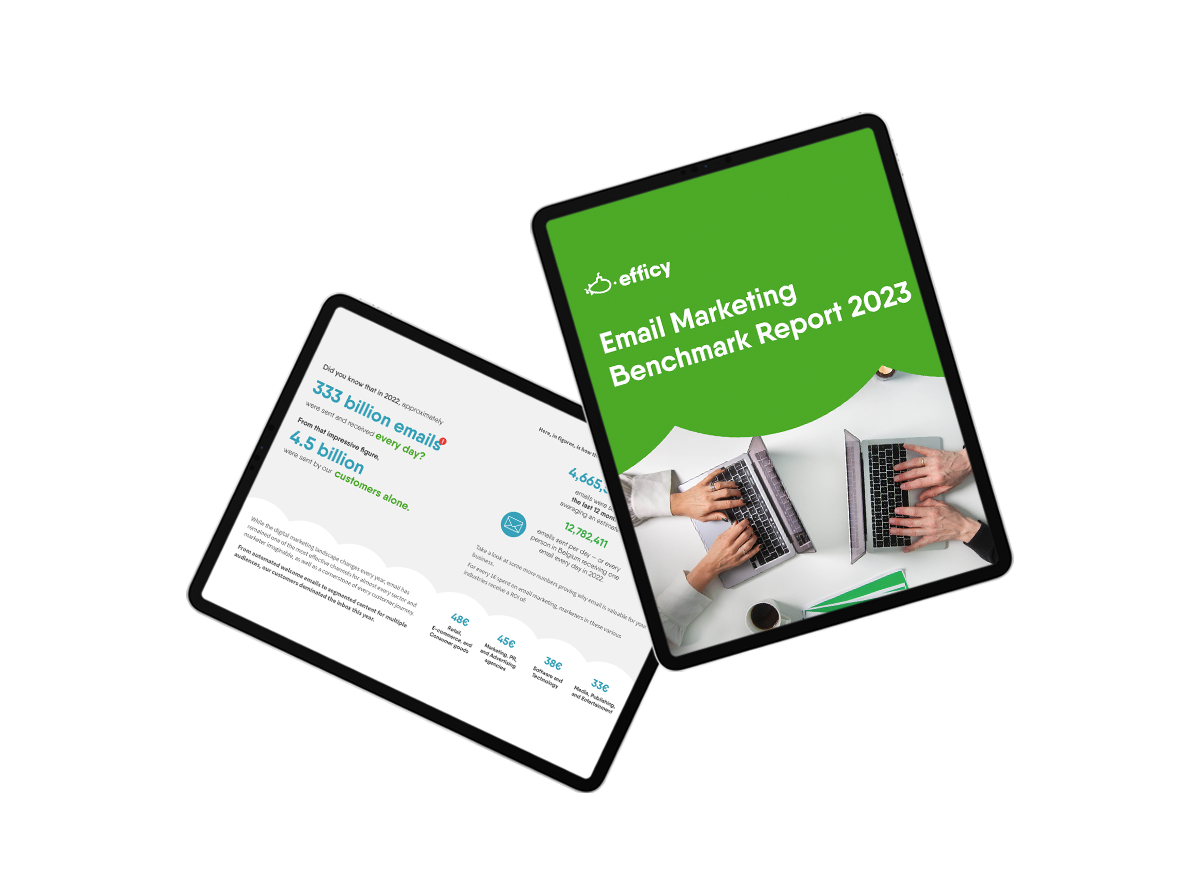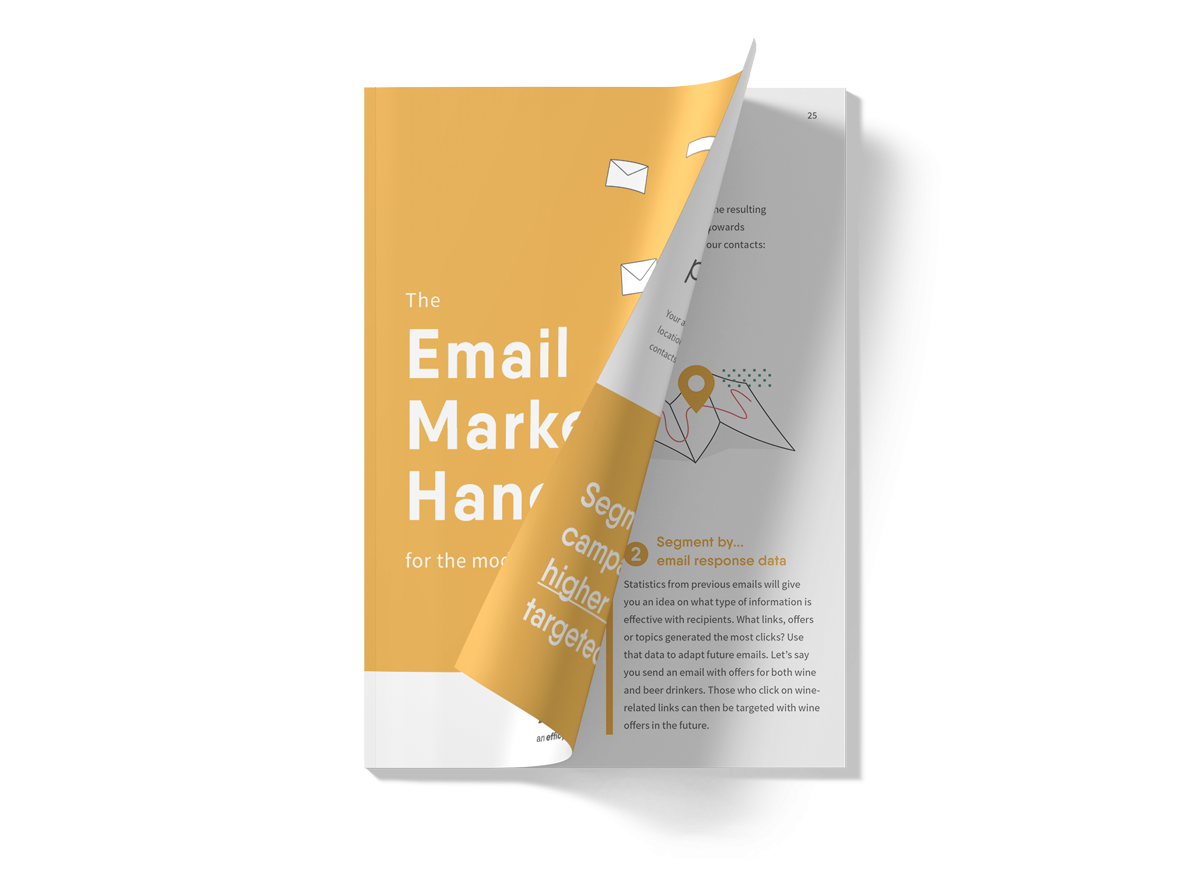The Business Value of Omnichannel Marketing Orchestration
Have you ever felt like customers are getting extremely diverse a bit too fast?

Yes, of course, we all paid attention when past business leaders predicted the trend. But we didn’t anticipate that the commerce ecosystem would morph extensively at such an increasingly fast rate.
You see, today’s customer is more complicated than ever before. They want to interact with businesses on multiple channels before they proceed to make their purchases. To add fuel to the fire, everyone wants unique experiences that are tailored to their needs.
More Devices, More Touchpoints – More Challenges?
According to Google, 90% of individuals with multiple devices have a habit of switching between three devices on a daily basis to complete typical tasks. This translates to a wide range of digital channels for each person every single day.
However, that’s not to say that single device owners are largely engaging companies on one medium. Typically, modern consumers communicate via four touchpoints before they finally convert.
Now, combine that with the numbers from multi-device owners and you have yourself one extremely complex web of digital customer journeys. Various successful business founders interviewed by Foundr even admitted that this is one of the reasons the current business scene is pretty sophisticated, particularly for start-ups.
The fact of the matter is, your business needs a holistic approach to survive over the long haul. And hence the beginning of the omni-channel age.

Well, the first thing that comes to mind when you hear the word “omnichannel” is probably omnichannel sales. And that’s precisely what we’re working towards. But, it all begins from the marketing stage. Hence, omni-channel marketing.
But, make no mistake here. We’re not talking about multichannel marketing. “Omni” and “Multi” are two entirely different concepts. Read about the differences between the two here!
So, what exactly is omni-channel marketing? And how does your business stand to benefit from such a strategy?
Multichannel Marketing Versus Omnichannel Marketing
Multi-channel marketing, to begin with, entails promoting your business, brand, or products across several individual channels. But, instead of connecting everything holistically, you basically treat each channel like its own distinctly separate unit.
If you’re running an Instagram marketing strategy, for instance, a multi-channel approach would mean combining that with additional media like email or messaging, and then employing a different campaign on each one.
Now, get this: streamlining all these channels would transform your framework and fundamentally make it an omni-channel orchestration. The whole point here is to inter-link everything accordingly and maintain a consistent message across each channel.

While this is a much more intricate approach overall, there are tools that provide effective omni-channel capabilities to all types of businesses. With such a tool by your side, you can proceed to launch an omni-channel marketing strategy that will benefit your business in the following ways:
-
Seamless Buying Experience
One thing the current breed of consumers needs is a continuous buying experience. They want to be introduced to a brand, proceed to learn about its products, and then make their purchases without researching extensively. In other words, they need a smooth progression through all the decision making stages as they switch from one channel to another.
And that can only be achieved through omnichannel marketing. A well-orchestrated campaign would systematically follow your leads through all their interaction channels, while adjusting and personalising their messages to maintain a seamless journey from product awareness, through the subsequent stages, and ultimately leading to conversion.
In essence, your customers get to keep in touch with your business at all times even regardless of the channels they choose to use.
-
Integrated Marketing Analytics
By now, analytics is a standard necessity for all digital marketing campaigns. The resultant key performance indicators are particularly critical when it comes to making critical business decisions.
Previously, however, tracking multi-channel campaigns was not that simple. The entire data framework was intricately fragmented and marketers had to implement metrics independently on each individual channel.
Consequently, it was fairly difficult to piece everything together. And since each channel was analysed separately, the subsequent decisions had to be made disjointedly. That, you can bet, translates into a broken marketing system.

Omni-channel marketing solves the problem by following up on all the channels at the same time. It then brings the corresponding data streams together to offer a holistic view of the entire campaign and its overall ROI.This makes it easier for all the stakeholders to analyse their collective marketing efforts, as well as collaborate effectively. Most importantly, integrated analytics help you track your customers’ journeys as they shift through various channels.
In the end, therefore, a business gets to make relevant decisions about its marketing strategies and costs.
-
Streamlined Operations
Your success in business always comes down to how well you stick to your principal goals and objectives. Even large enterprises with numerous departments attempt to align all their entities towards a central goal.
Now, the end goal for your business, of course, is driving sales. And to achieve that, you need to have all your operations working in tandem by supplementing each other at every stage for increased conversion.
That’s precisely what you get from omni-channel marketing. It offers simultaneous control of all marketing campaigns from one comprehensive platform. Consequently, you should be able to tweak various variables across all channels to maintain a well-streamlined framework.
-
More Revenue
Now, when you consider all the benefits of omni-channel marketing, you’ll notice just how much it affects your business revenue.
Consider the customer journey, for instance. Because of the seamless experience across all channels, omnichannel marketing will certainly get you more exposure, which translates to an increased overall conversion rate.
Integrated analytics, on the other hand, will help you identify what’s working and what your target audiences are not responding to. Therefore, you can proceed to invest your resources in the most effective channels, as well as minimize costs by sealing loopholes that develop along the way.
Then by streamlining your campaigns, you should be able to maintain positive ROI across every single channel. And that means more revenue at the end of the day.

Bottom Line
All in all, the secret to maximising your omni-channel marketing business value is, of course, leveraging the right tools. Otherwise, it would be difficult to roll out such campaigns with even an extensively-experienced digital marketing team.
So, take your time while reviewing various options and ensure you settle for nothing but the best omni-channel marketing platform.
Want to learn how you can take omnichannel to the next level? Check out our platform: APSIS One.

Author: Stewart Dunlop
Stewart is a full-time content marketer at Foundr. In his free time, he likes to play football and read Stephen King. You can follow or tweet him @stewydunlop



